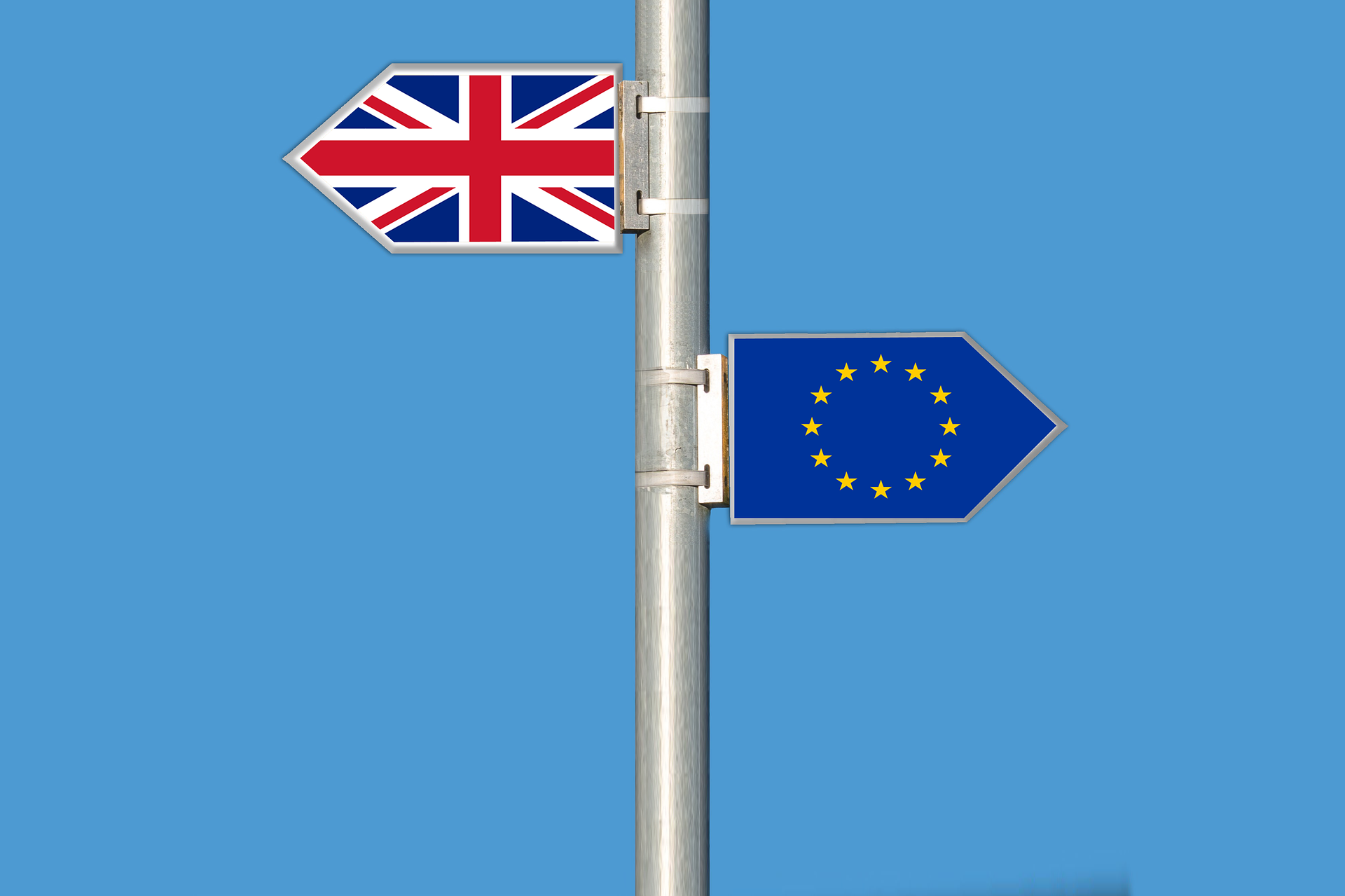The Long Road Ahead for the UK and Europe

The UK has voted to leave the EU, but what happens next is undecided. For now, nothing changes. The June 23 referendum was advisory, and the actual processes and mechanisms that will determine the UK’s exit from the EU will take years to negotiate and implement. After all, the integration of the UK and the EU has been a gradual and ongoing process over several decades, and will require similar time and effort to unwind.
Over the next couple of weeks, the markets will continue to sort out short‑term trades made on both sides of the bet. The true economic and financial ramifications of the referendum itself will begin to emerge as we hear about any leveraged bets that might have been made (particularly “remain” bets), the sizes of such bets, and which financial institutions might have bankrolled them. Amid the revelations, there will also undoubtedly be more questions and uncertainties.
But even as the dust from the immediate aftermath begins to settle, the lengthy divorce proceedings between the UK and the EU will have only just begun. Even if you, like the majority of the market, are surprised by the referendum’s result, there is no need to panic – there is ample time to plan, respond, and protect your business.
What to keep in mind:
1. This will be a long process.
Although businesses and individuals should start planning for Brexit, if they have not already begun to do so, nothing has fundamentally changed since yesterday. All the treaties, laws, and regulations in effect yesterday remain in effect, and how and when they will change are yet undetermined details.
2. It is not even certain the UK will leave the EU.
The referendum itself does not compel the UK government to act, nor does it automatically trigger Article 50 of the Treaty on European Union, which is the proverbial red button that must be pressed to formally initiate the UK’s exit from the EU.
3. There are several methods and models for “leaving” the EU.
The referendum was simply an “in/out” vote, with no specifics as to how Brexit would work. The spectrum of potential models ranges from the Norwegian model (remaining in the European Economic Area / European Free Trade Area as a passive, non-decision making participant) to a total withdrawal from the EU, with some options in between the extremes, such as the Swiss Model (negotiating in a series of bilateral treaties with the EU) and the Turkish Model (participating in the EU Customs Union without being a EU member). Each model has different implications for the business, legal, and political environments in the UK, the EU, and around the world.
4. There is still time.
To recap, Brexit will be a long process, it is still uncertain whether a true Brexit will happen at all, and even if it does, it is still too early to know how Brexit will work.
To be clear, the referendum was a wakeup call. Although there may not be much that businesses and individuals can do about the continuing fallout in the markets, planning must still be done to protect and prepare your business for the structural changes in the business, legal, and political environments yet to come.
